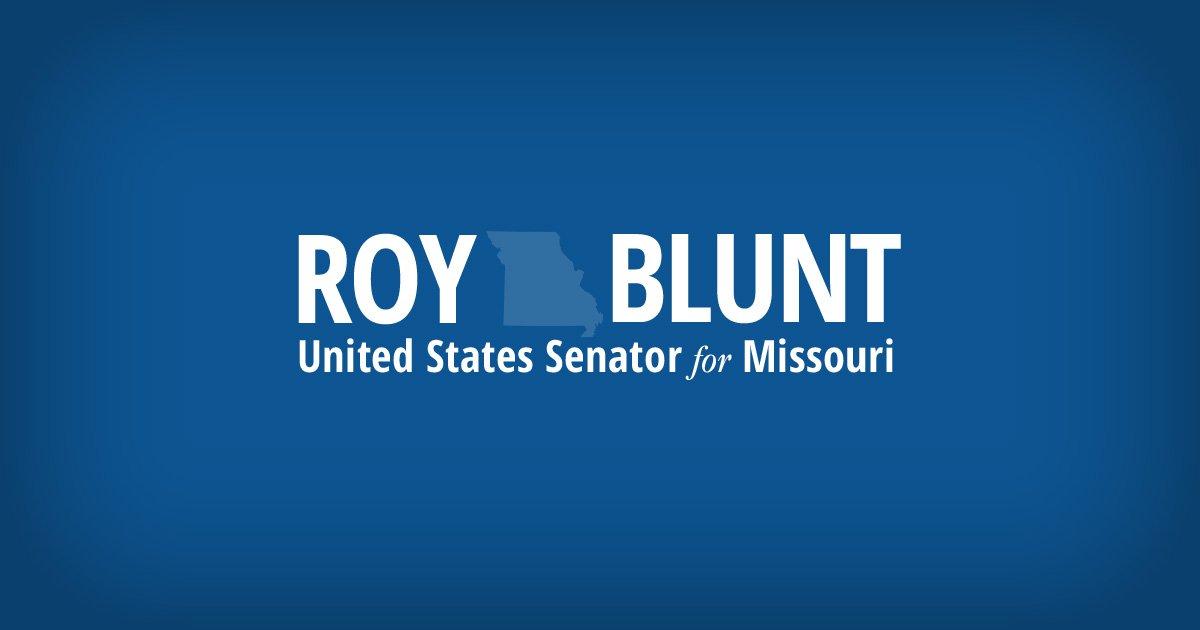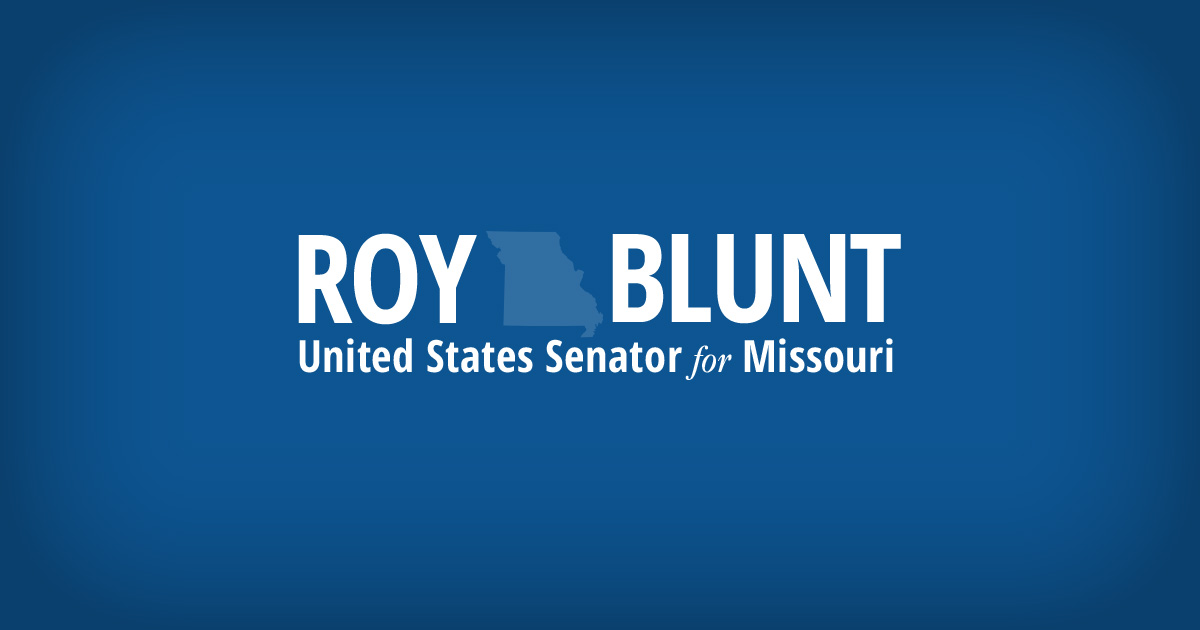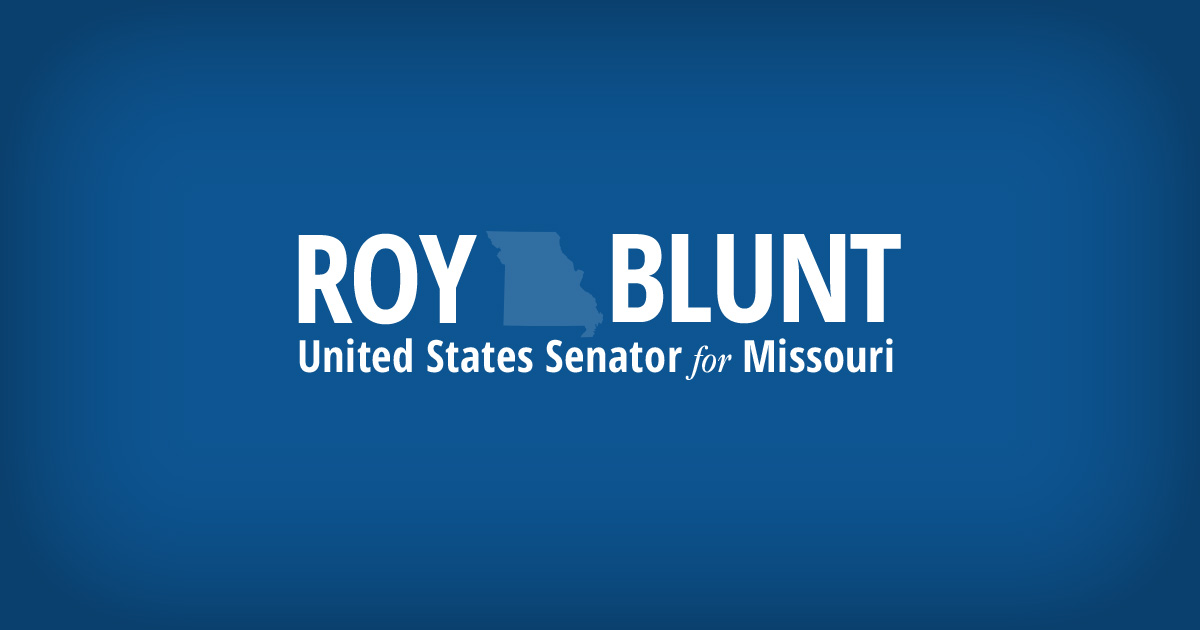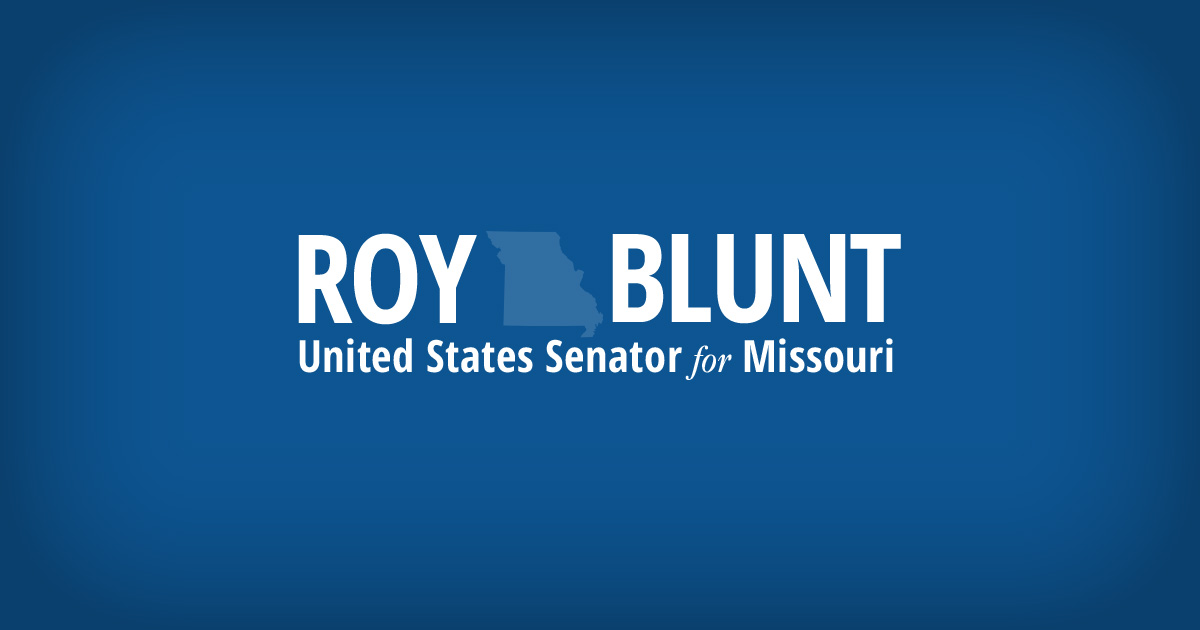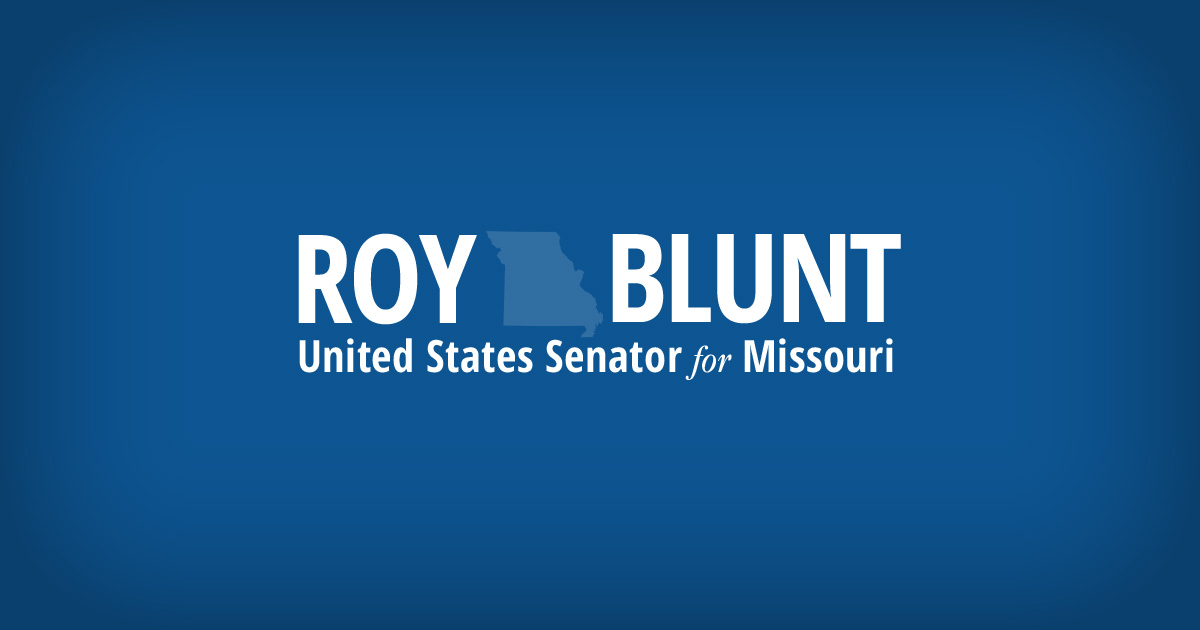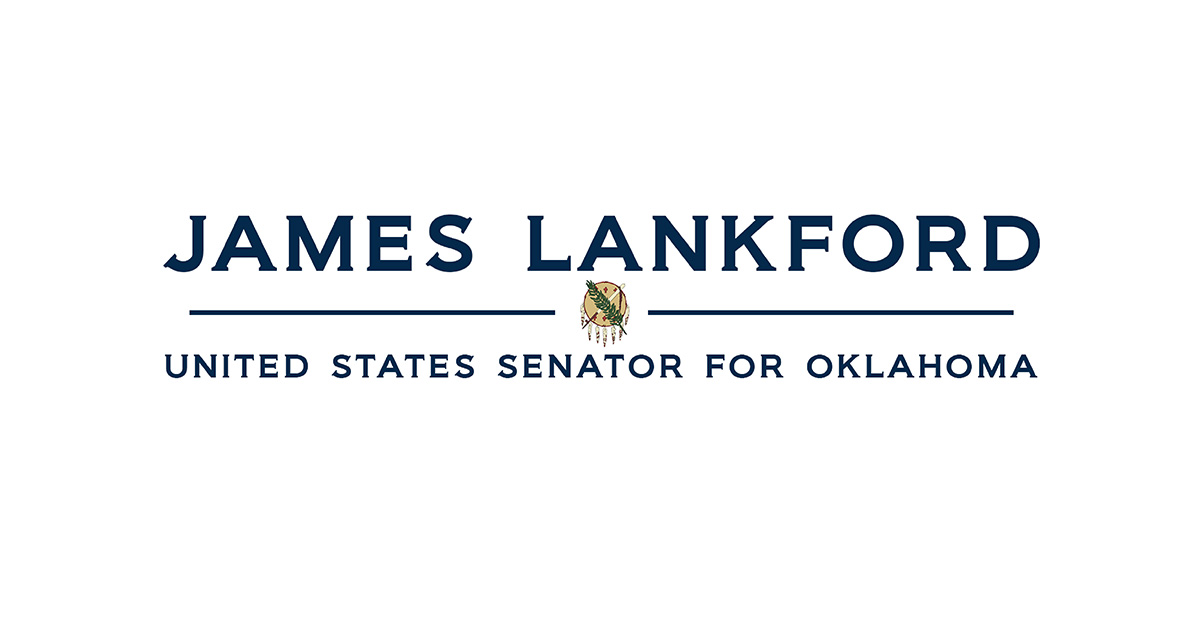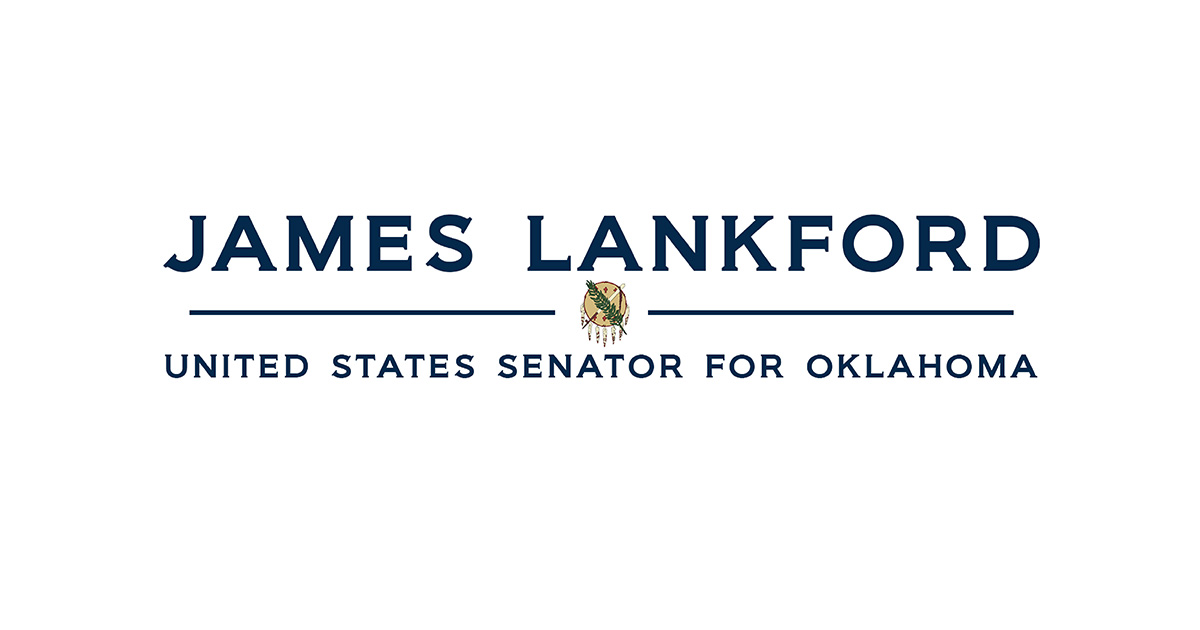Source: United States Senator for North Carolina Richard Burr
06.08.21
Senate HELP Committee considers key nominations for critical roles overseeing pandemic response and mental health, substance use
Today, the Senate Health, Education, Labor and Pensions (HELP) Committee held its nomination hearing for Dawn O’Connell to serve as Assistant Secretary for Preparedness and Response (ASPR) and Miriam Delphin-Rittmon to serve as Assistant Secretary for Mental Health and Substance Use.
Ranking Member Burr’s Prepared Opening Statement:
“Chair Murray, thank you for holding such an important hearing today.
“Dr. Delphin-Rittmon and Ms. O’Connell, welcome.
“Both of you are signing up for roles that will come with unprecedented demands.
“Federal service at this level always requires a significant commitment of time and energy, but the pandemic has changed the responsibilities of these roles.
“You will both be in the thick of policy decisions to help Americans heal from a year of loss and lockdowns, and make us better prepared for future public health emergencies.
“Strong, effective leadership is critical for both of these roles, and is the attribute I value the most in my considerations.
“I plan to spend a majority of my time this morning speaking to the role of the Assistant Secretary for Preparedness and Response – which I like to call the ‘ASPR.’
“Before I do, I want to take a few minutes to discuss the difficult task at hand for the Assistant Secretary for Mental Health and Substance Use, who will lead SAMHSA.
“Dr. Delphin-Rittmon, the past year has been extremely trying for the American people.
“Many have experienced loss at unprecedented levels – the loss of loved ones, the loss of being able to hug family and friends, the loss of jobs, and school, and routine.
“Children are increasingly having stress and anxiety, and doctors and nurses are seeing more children showing up at hospitals with serious mental health conditions.
“Later this week the Committee will be marking up the reauthorization of the Child Abuse Prevention and Treatment Act to respond to the crisis of child abuse that has grown more acute due to the closure of schools during the pandemic.
“Alongside these challenges, we are in danger of losing ground on all of the progress that we have made in the fight against the opioid crisis.
“Should you be confirmed, you will go from serving 3.6 million people in Connecticut to 332 million Americans.
“You have an opportunity to bring access to this type of care to more Americans.
“Don’t return to the status quo.
“Embrace the technologies that can better serve Americans in need as we recover from COVID-19.
“Use your experience at the state level to empower state and local leaders to design programs and solutions that best meet their communities’ needs.
“Ms. O’Connell, welcome. Candidly, I wish that this hearing was held months ago.
“This administration has had an acting ASPR since January 20 – in the middle of our response to a pandemic.
“The statutory lead on public health emergencies was left open during the most significant public health emergency of our lifetimes.
“ASPR should have been one of the first slots filled by this administration.
“I will also point out to my colleagues that there is another absolutely critical public health position that has not yet been named.
“The FDA Commissioner.
“I have the greatest respect for Janet Woodcock, she is leading the FDA ably, and I think she “has all of the qualifications needed for this moment, but we need a fully confirmed person in that role.
“We need a nominee and I look forward to vetting her in this Committee.
“Ms. O’Connell, in our previous conversations we talked about the reason we wrote the ASPR into statute.
“It was to answer the simple question of – who is in charge during a public health emergency.
“The statute is extremely clear. The ASPR is in charge, and serves as the principal advisor to the Secretary on these matters.
“This is not a political or a personal choice for any administration, it is the law.
“It is a role that we envisioned with two types of responsibilities.
“First, the ASPR serves an operational role.
“During an emergency, the ASPR coordinates the public health and medical response – whether that threat is a hurricane, a novel virus, or a chemical attack.
“Another part of the day job is the assessment of, and investment in, our medical countermeasures enterprise.
“As the head of the Public Health Emergency Medical Countermeasures Enterprise or PHEMCE and with oversight of BARDA and the Strategic National Stockpile, this job covers the research, development, procurement, and deployment of these life-saving products.
“Second, the ASPR is a policy job, assessing the threat landscape and adjusting our strategies to best position the United States for the threats we face today and in the future.
“My questions today are designed to make sure that you are a good candidate for the entirety of the role as developed and envisioned by this Committee.
“With each iteration of the Pandemic and All-Hazards Preparedness Act – or PAHPA for short – we have adjusted our emergency preparedness and response framework, including the role of the ASPR.
“During the last reauthorization we more closely tied the position to the intelligence community, providing the ASPR with a greater line of sight into the ever-changing landscape of the threats that we face.
“We made ASPR the head of the PHEMCE to coordinate and make decisions on medical countermeasure investments.
“And, we updated the ASPR’s job description to ensure a focus on both of these operational and policy roles.
“ASPR’s responsibilities also now include the stockpile, a move that strengthens the operational side of this job.
“With the ASPR over the stockpile, he or she can follow taxpayer investments from the advanced research at BARDA all the way through to the last mile of deployment during an emergency.
“Yet the office of the ASPR has also been utilized in ways that are outside of its scope.
“This distracts ASPR from its mission and ultimately makes us less prepared.
“When we wrote the first PAHPA we hoped that we would never have to use this law to its fullest extent, but the time came during COVID-19.
“A lot of the framework that this Committee designed worked very well during the pandemic.
“We have three authorized vaccines with more on the way, dramatically changing the trajectory of our response to COVID-19 for the better.
“But the response was not perfect, and the work is not done.
“Instead of looking to the ASPR, the last Administration created its own leadership structure for the COVID response, building the plane and flying it at the same time.
“Congress intentionally created ASPR to avoid this confusion, and to tip of the spear during a response.
“I know who was supposed to be in charge, because I helped write the law putting ASPR at the front.
“So as our Committee looks at what improvements need to be made in law, I hope that, if you are confirmed, you and my colleagues will work with me: to see what mistakes were made and how to learn from them, to make it more clear that the ASPR is in charge, that you have the tools you need, and that when the next pandemic comes, because it likely will, that ASPR is ready to stand up and take the lead
“The American people expect us to do all we can to protect them from public health threats and to communicate those actions to them.
“They deserve an ASPR that can command the response and coordinate their colleagues across HHS.
“And that brings the same urgency and vigilance to the role in peacetime as in the middle of a response.
“I look forward to our conversation today and hearing whether you are ready to rise to this challenge.
“I yield back.”
